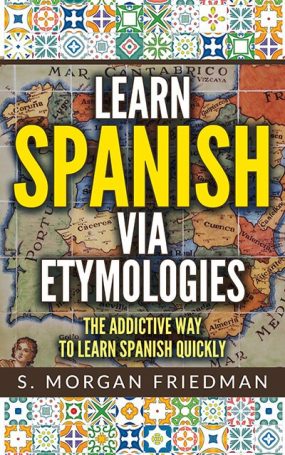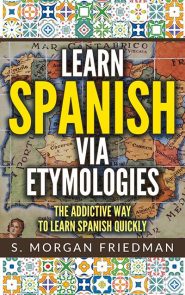Brindis (a “toast”, in the sense of saluting someone before you drink alcohol) and brindir (“to provide”) both come from the same origin — through a funny story.
In 1527, the German king Charles V sacked Rome — and the soldiers, when sacking the city, screamed out in victory constantly, “Ich bring dir’s!”, meaning, “I’m bringing it!” (“It” here refers to victory, the new king, a new beginning, etc.). This phrase then became popular and repeated around Rome (in Italian), in different senses: it became the toast that everyone used to the new king; and it also entered popular usage in the same sense, of bringing or providing. Then, the word was copied from Italian into Spanish. And, separately, bring, although a German word, is the same word in English. Remember, English is a Germanic language, after all (despite all those French words since 1066 and all that!).
We can thus see the br-n-d of brindis and brindar map to the br-n-g of bring quite clearly. The d/g sounds often swap places as well, thus making the g/d switch make sense: they do sound quite similar, after all.

